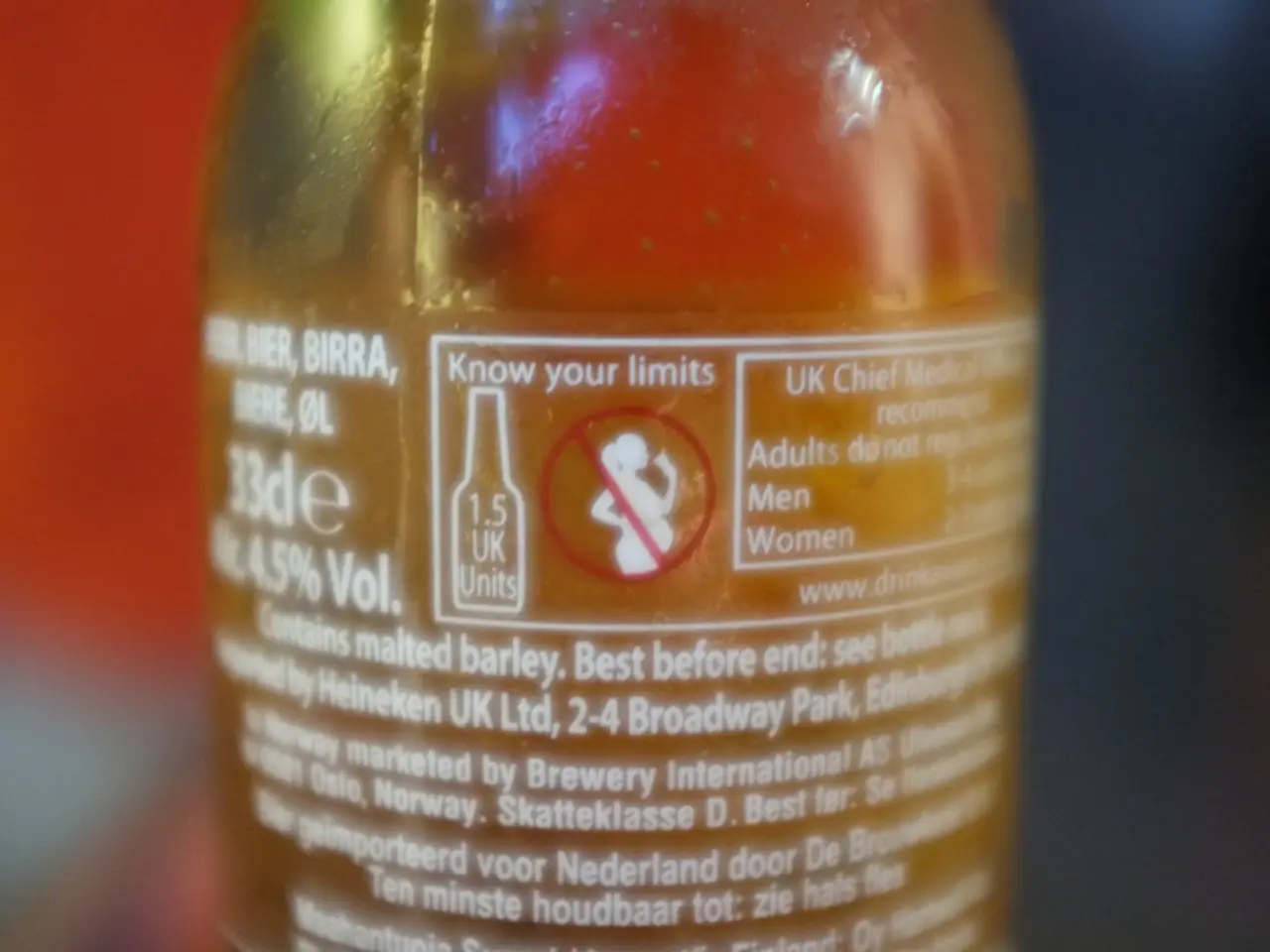Sunscreen avoiding and its distinctive aspects explored
In the pursuit of enjoying the sun's rays, it's essential to understand the facts about sun protection. Here are some key points to consider:
Coconut oil is not a reliable sunscreen
Contrary to some beliefs, coconut oil does not provide strong sun protection. With a sun protection factor (SPF) of only 7, it offers minimal protection against harmful UV rays.
Balanced sun exposure and UVB irradiation
Fabian Kowallik suggests a method that includes exposing oneself to up to 10-30 minutes of midday sun and utilizing sun time outdoors. However, it's important to note that UVB irradiation, while helpful in reducing itching in conditions like eczema and neurodermatitis, does not cure these diseases. Moreover, the side effects of UVB irradiation should be considered, as UVB irradiation does not differentiate between normal and inflamed cells, posing a risk of skin cancer decades later.
Proper sun protection measures
Experts recommend using sunscreens with a sun protection factor of 30 or 50 when sunbathing. Proper sun protection also includes clothing, a hat, and sunscreen with a light protection factor of 30. It's crucial to remember that even with sunscreen, people should not expose themselves to the sun for too long.
The role of clothing in sun protection
The best protection against UV radiation is clothing that does not let light through. The myth of a "healthy sunburn" should also be debunked, as UV radiation damages DNA and skin cells without delay, and skin cancer can develop from this damaged cell material even decades later.
Vitamin D production and sun exposure
The body produces the necessary Vitamin D mainly with the help of UVB rays. However, even a small amount of UVB radiation can be enough to produce sufficient vitamin D, and those who protect themselves extremely could potentially end up with a vitamin D deficiency.
Safety concerns with homemade sunscreens
Zinc oxide, a mineral filter in sunscreens, carries risks when mixed oneself, according to experts. Many questions remain open regarding the proper mixing of ingredients, shelf life, and toxicological data when creating homemade sunscreen mixtures.
The importance of checking the UV index
The Federal Office for Radiation Protection recommends checking the UV index for the day and scheduling activities in the morning and afternoon. Uncontrolled sunbathing is not advised for neurodermatitis patients, as sunlight does not completely eliminate neurodermatitis and asthma.
Ultraviolet radiation and skin cancer
Ultraviolet (UV) radiation is a risk factor for skin cancer. Uncontrolled sunbathing can lead to skin damage and potentially skin cancer. It's essential to remember that a "healthy tan" does not exist, and tanning is a sign of skin damage.
Conclusion
In conclusion, while the sun offers many benefits, it's crucial to understand the risks associated with excessive exposure to UV radiation. Embracing proper sun protection measures, such as using sunscreen, wearing protective clothing, and limiting sun exposure, can help reduce the risk of skin damage and skin cancer. Always remember, a little bit of sun is good, but too much can be harmful.
Read also:
- Peptide YY (PYY): Exploring its Role in Appetite Suppression, Intestinal Health, and Cognitive Links
- Toddler Health: Rotavirus Signs, Origins, and Potential Complications
- Digestive issues and heart discomfort: Root causes and associated health conditions
- House Infernos: Deadly Hazards Surpassing the Flames








